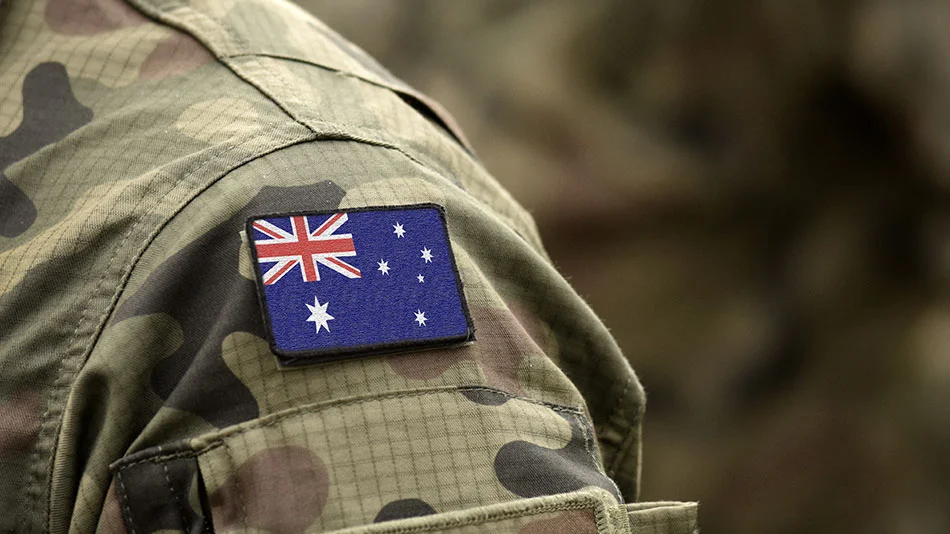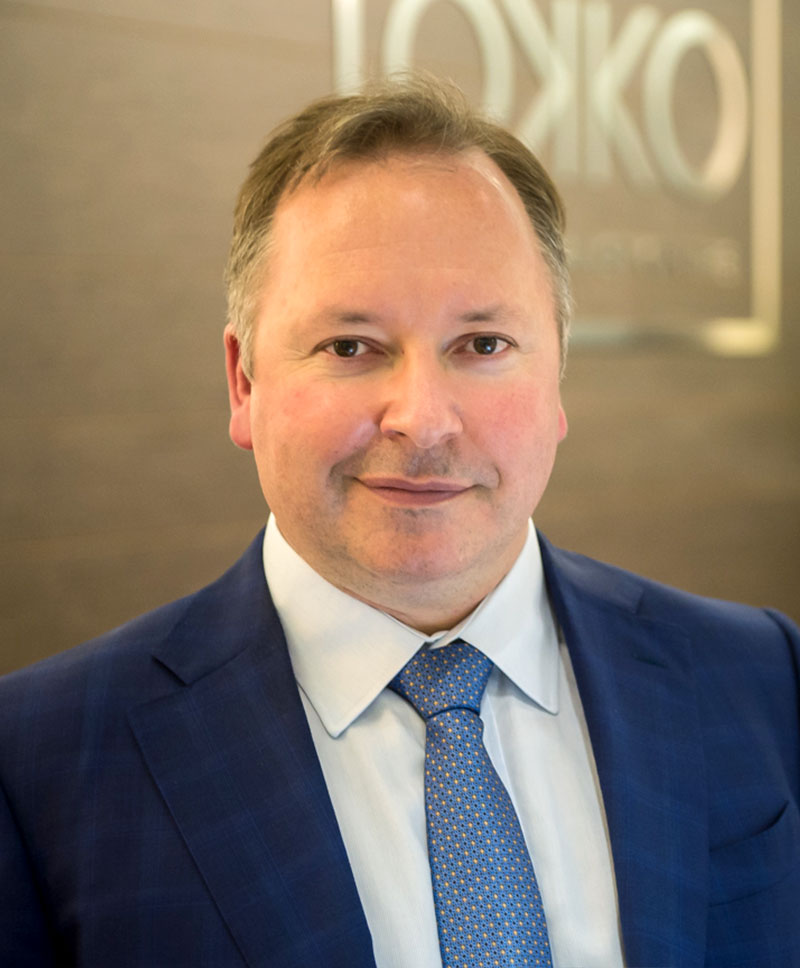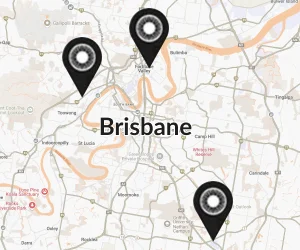
PRK surgery and the army: What you need to know
For many aspiring or current military personnel, excellent vision is a critical requirement. If you wear glasses or contact lenses and are considering a future in the Army, you may have looked into laser vision correction. One of the most common procedures approved by the military is PRK (Photorefractive Keratectomy).
In this post, we'll explain why PRK is often preferred by the military, what the Army's vision standards involve, and how the recovery process fits into service life. If you’re considering surgery, visit our PRK Surgery Brisbane page.
Why the army choose PRK over LASIK
PRK is a laser eye procedure that reshapes the cornea to improve vision. Unlike LASIK, which creates a flap in the cornea, PRK removes the outer layer of the cornea (the epithelium) before applying the laser.
This makes PRK especially suitable for military environments where physical activity, pressure changes, and trauma are more likely. PRK offers1https://www.allaboutvision.com/visionsurgery/prk/:
- No flap to dislodge during intense physical activity
- Stable vision correction suitable for aviation, diving, and field work
- A long history of military approval, including among pilots, infantry, and special forces.
Is PRK better for the military?
In many cases, yes. Both LASIK and PRK offer excellent vision correction, but the Army often prefers PRK because of its flap-free technique and reduced risk of complications in combat or high-impact situations.
PRK may also be chosen for candidates who:
- Have thinner corneas
- Participate in close-contact or high-risk roles
- Need to meet specific fitness or deployment timelines
PRK and the army requirements
To be eligible for enlistment or service following PRK, you must meet these typical requirements:
- Surgery performed by a licensed ophthalmologist
- Complete healing before enlistment or deployment
- Stable, uncorrected vision meeting Army minimum standards.
Recovery documentation may be required, and some roles (e.g., aviation or special forces) may have stricter criteria.
Can you join the army with PRK?
Yes. You can join the Army after PRK surgery, provided your vision meets the required standards and your recovery is complete.
It’s essential to:
- Disclose any history of vision correction during medical assessments
- Provide evidence of stable vision and a full recovery.
Service branches may have different timelines for medical clearance after PRK, usually between 3 to 6 months.
What military personnel need to know about recovery after PRK
Recovery from PRK takes longer than LASIK but is manageable with support. Here's what to expect:
- First 3-5 days: Vision may be blurry or hazy; you may feel discomfort, dryness, or light sensitivity
- Week 1: Bandage contact lens is removed; comfort begins to improve
- Weeks 2-4: Vision stabilises and daily activities resume
- 3+ months: Vision continues to sharpen; final results are evaluated.
For those in the military, it’s important to plan surgery well ahead of deployment or assessments.
Data on PRK outcomes in the military
Studies show high satisfaction rates among service members who undergo PRK. Research conducted in military settings indicates:
- High levels of visual improvement
- Low complication rates
- Long-term stability in diverse field conditions
Final thoughts
PRK is a proven option for vision correction in military settings. Its flap-free technique and reliable results make it a strong choice for Army personnel, especially those in demanding or physically active roles.
If you’re considering PRK and want to explore your options, we can help.

Hi, I’m Dr. Matthew Russell, a laser and cataract surgeon
HI I’M DR. MATTHEW RUSSELL A LASER EYE AND CATARACT SURGEON
With over 15 years of experience, I enjoy the privilege of helping patients of all ages reclaim clear vision or preserve it for as long as possible.
Vision correction and high-precision cataract surgery hinge on the expertise and skill set of the provider who also has access to the most precise tools for the job. Ophthalmic surgeons like me know how to make treatment safe, comfortable and positive for the patient. They know how to minimise the risk of complications and maximise successful outcomes.
I have a passion for helping my patients enjoy the clear, high-definition vision they need to live rich and active lives. Now, I have hand-picked a team of professionals that share my passion and commitment to exceptional care.
Dr. Matthew Russell
MBChB, FRANZCO






